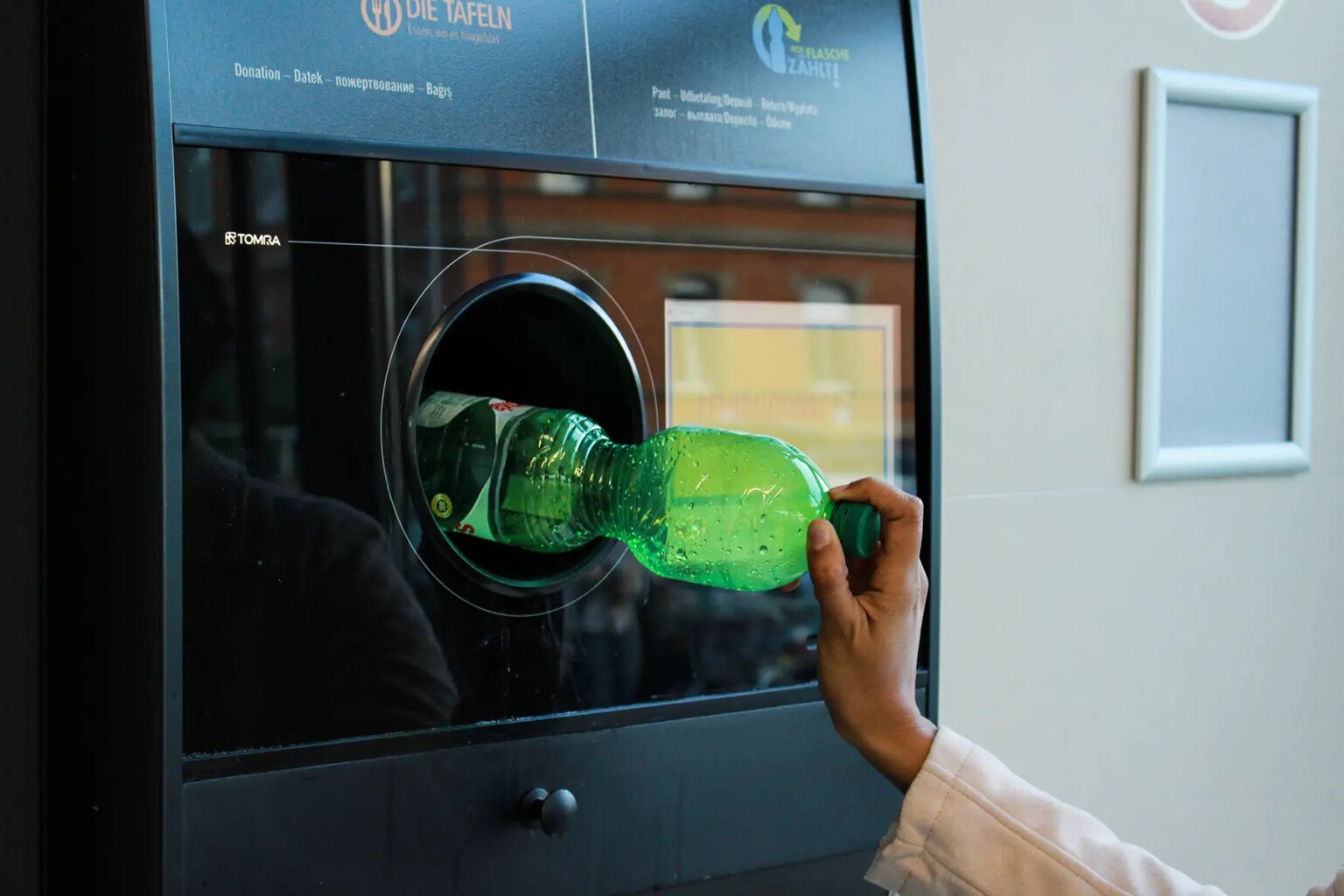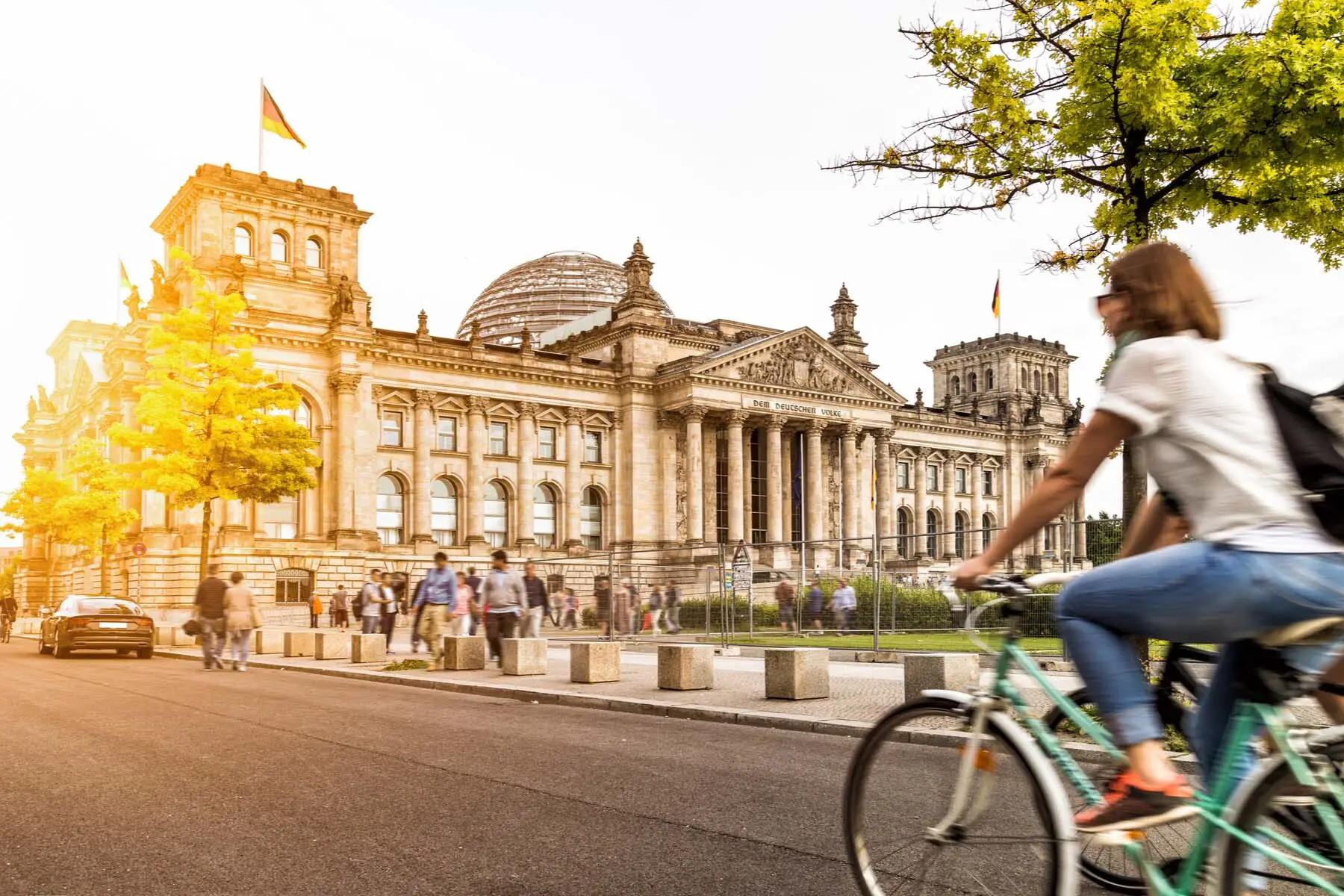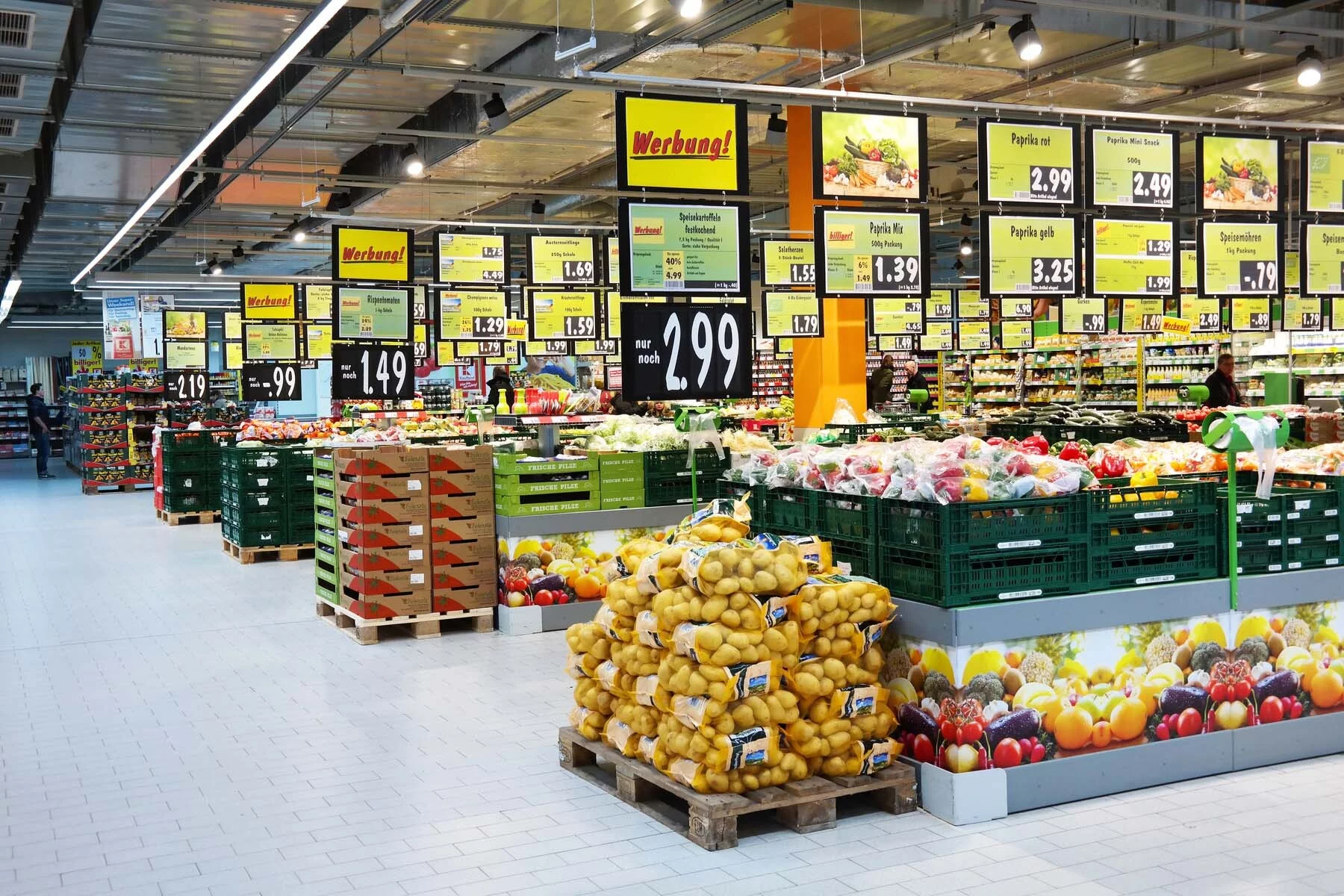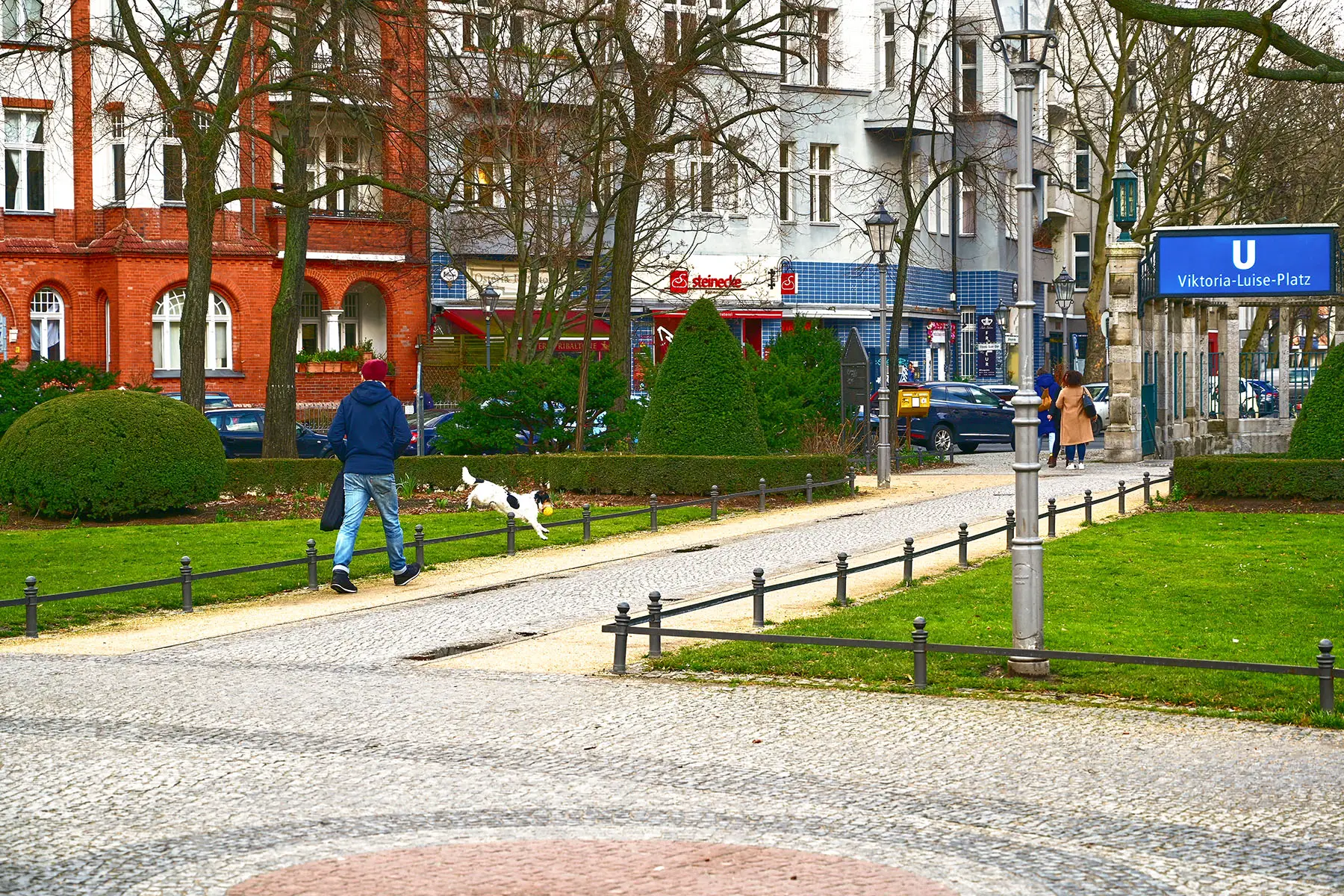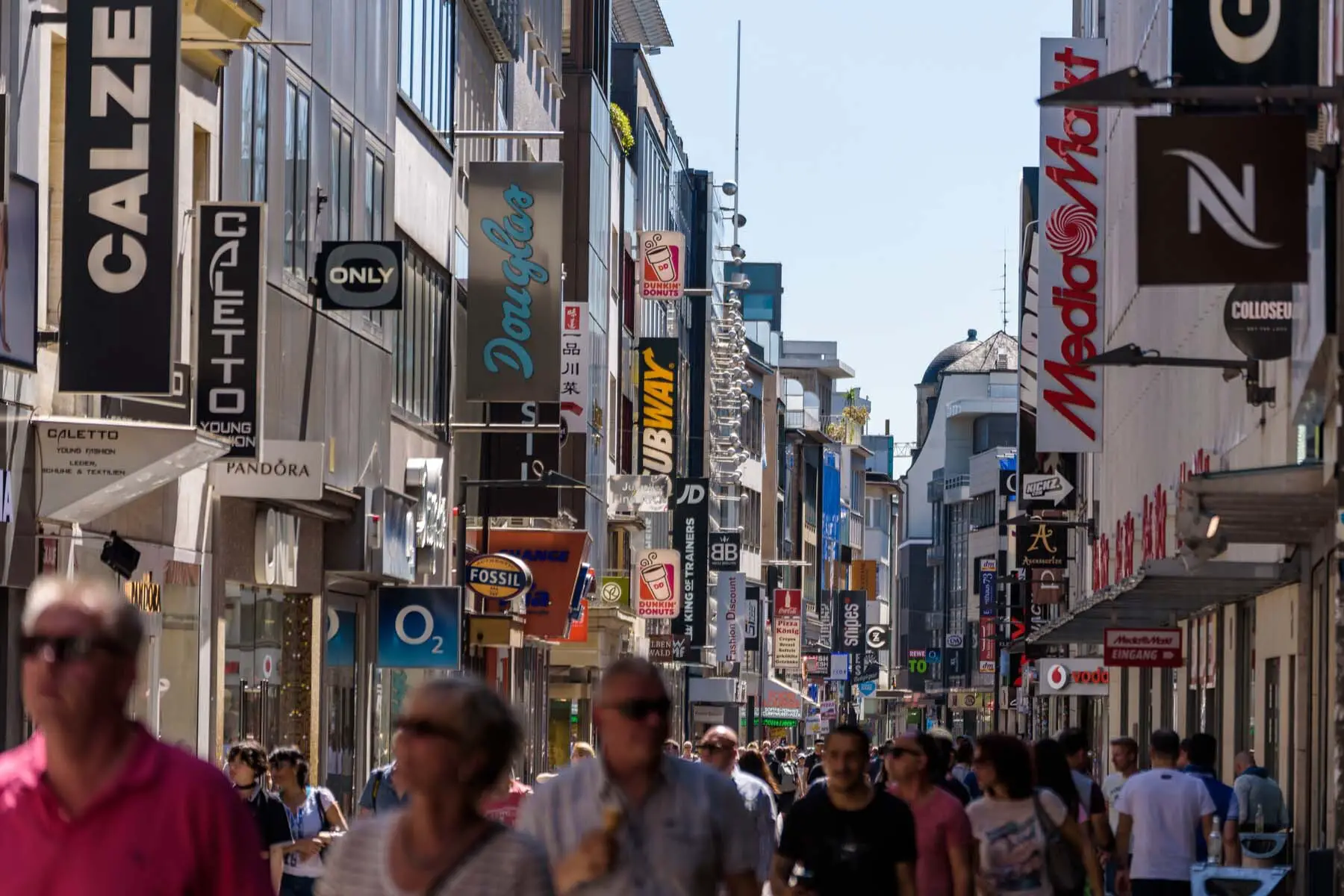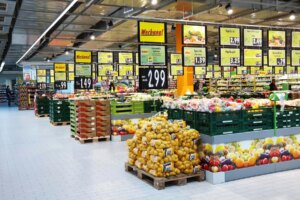It’s the conundrum many newcomers in Germany encounter after drinking a pilsner or eating a juicy bratwurst. Where should I throw the leftover packaging? Welcome to Germany, the top country for household waste recycling in Europe.
While intimidating at first, the German waste collection system follows basic rules that will transform you into an environmental champion. Its a good idea to get to know the recycling system when you first arrive in Germany. As a rule of thumb, keep in mind that the trash can (Mülleimer) is your last option and that, in many cases, your throwaways might have a second life.
GASAG
Looking for green energy for your home? Check out GASAG, a leading energy supplier with over 175 years of experience. Calculate your tariff online for sustainable power and more. Choose GASAG for a greener home.
The German recycling system
A trailblazer in waste management, Germany has been recycling since 1972, when the country introduced the national Waste Disposal Act (Abfallbeseitigungsgesetz). According to Eurostat, the country is by far the top recycler in Europe, with 71% of municipal waste recycled in 2021 compared to the EU average of just under 50%. Nonetheless, the country generates a large amount of waste – in 2020, Germany produced 4,824kg of waste per capita, slightly above the EU average of 4,808kg.
While heading towards a circular economy, Germany has introduced a mandatory waste separation and disposal scheme that encourages recycling of packaging and reduces reliance on landfills and incinerators. The system relies on color-coded bins and bags, progressive fines, and community awareness.
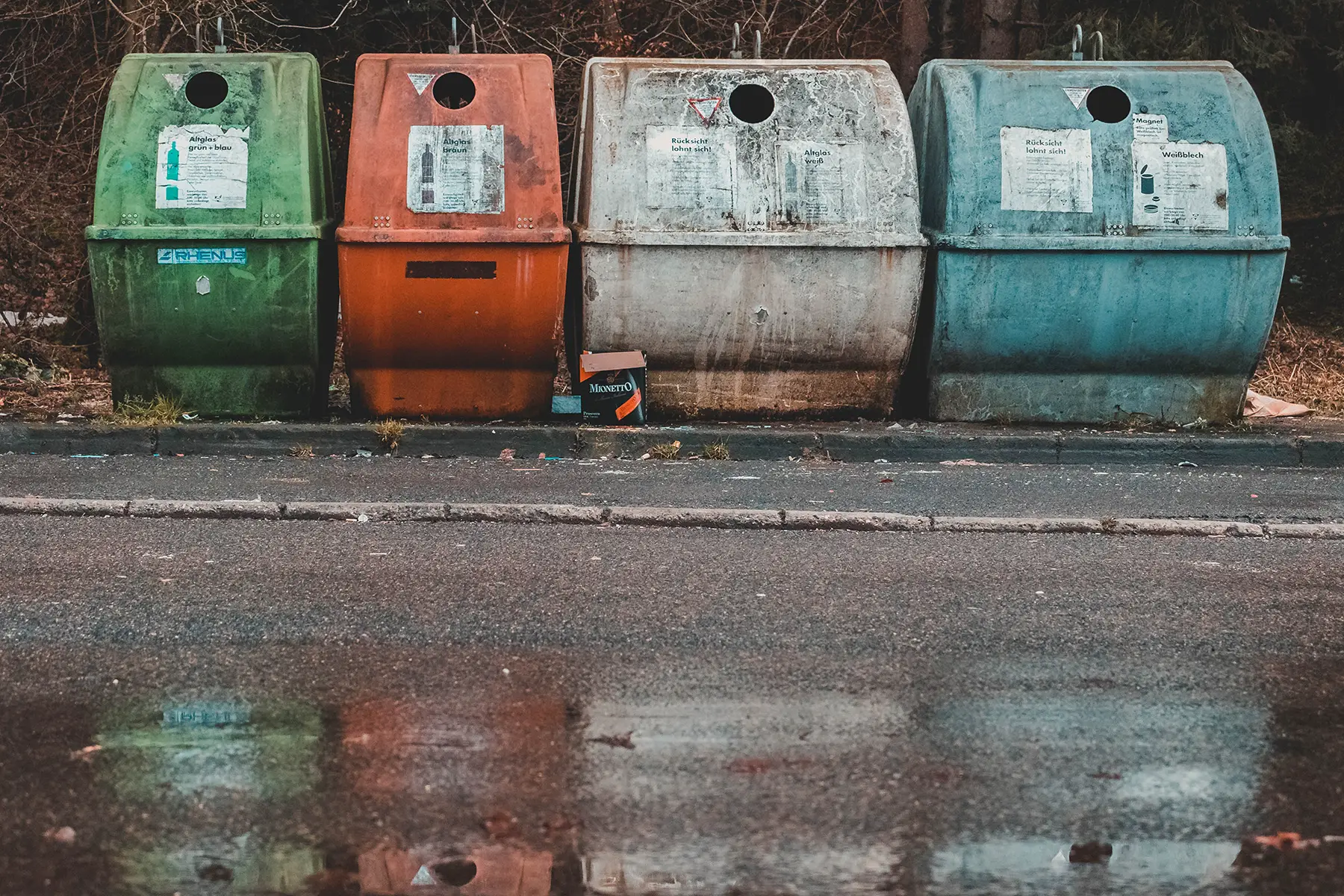
As well as getting used to this new system, you might find that the rules differ depending on your area. First, you will need to know which waste to separate (residual, paper, organic, lightweight packaging, other plastics and metals, bottle, and e-waste). Second, you need to find out where to dispose of your waste (bag, bin, supermarket, or collection point).
Local authorities determine the annual fees to pay based on the quantity of waste and cost of collection. Usually, you can find these out from the municipal waste management company or association responsible for recycling. If you live in a small city, that will likely be the district administration of the state council. However, they are not in charge of the actual collection and recycling, which is done by private companies.
To help people navigate waste disposal, the public-private system in charge of packaging waste in Germany recently launched the campaign Waste Separation Works (Mülltrennung wirkt).
What happens to recycled materials
A report on the waste recovery rate in 2019 by the German Environmental Agency provides an insight into what ends up on the path to recycling:
- Household waste: 16% (representing 30% of the waste recovered)
- Glass: 100%
- Paper: 99%
- Lightweight packaging and plastics: 100%
- Garden waste: 99%
- Old electronic devices: 100%
- Other waste (e.g., metals, textiles): 99%
Overall, these figures show how effective recycling in Germany has become. However, what happens to the recycled waste?
Recycled glass is melted and transformed into new products. Meanwhile, recycled paper now makes up 75% of the German paper industry’s raw material. Similarly, electronic devices are a source of minerals and composites that, once harvested, can become the secondary raw material of your next gadget or appliance.
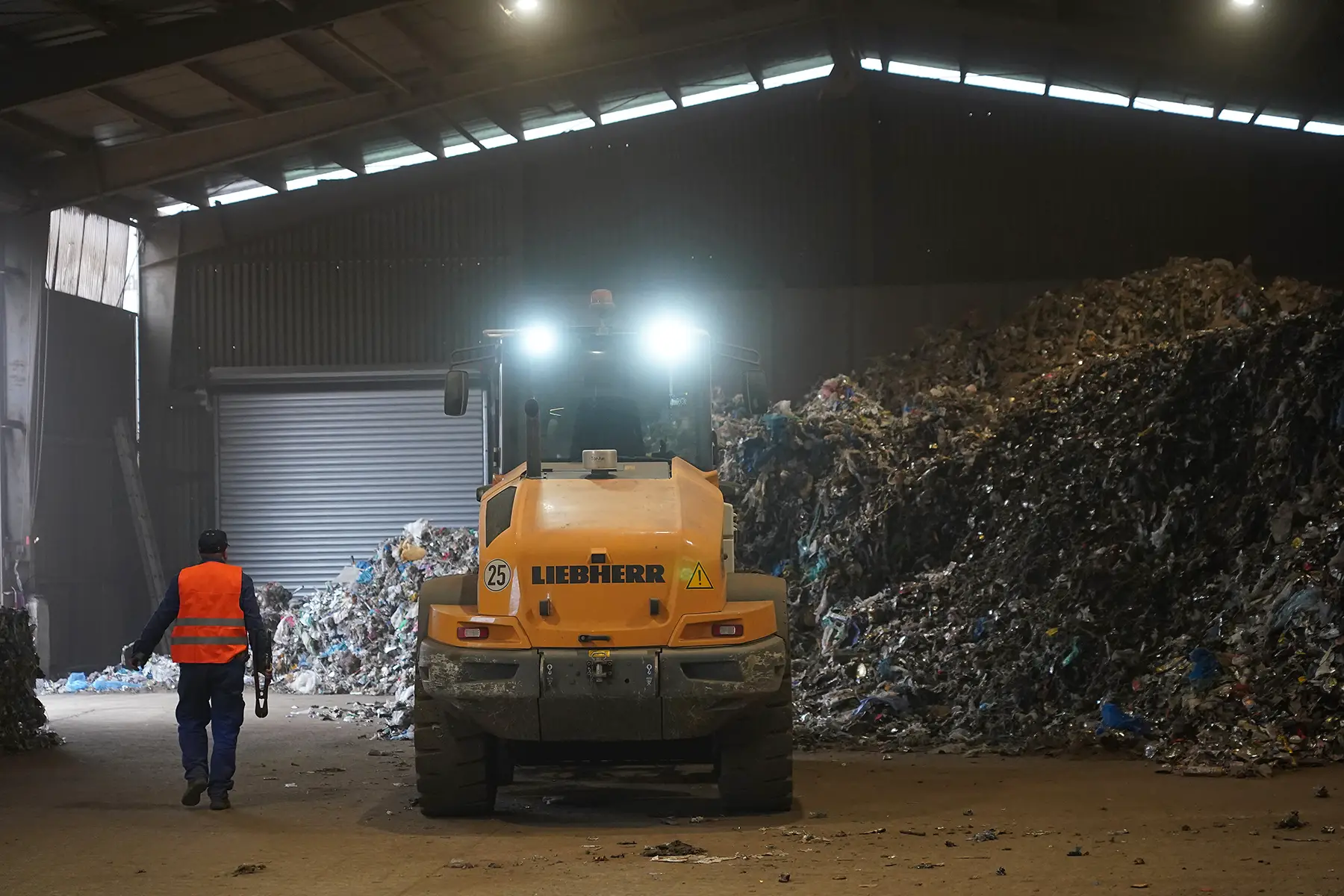
Meanwhile, recycled plastic reduces emissions by reducing dependence on third countries and crude oil. Similarly, recycled aluminum has become one of the most successfully recycled materials in Germany and the rest of Europe because of the straightforward conversion process and availability.
Biowaste offers unexpected environmentally-friendly opportunities. Once received, biowaste is pre-treated, processed, and fermented using high temperatures and light organic substances to produce compost for farming and gardening. Biowaste can power fermentation plants, which produce biogas and liquid fertilizer.
How to recycle in Germany
Ensuring that waste doesn’t go to an incinerator or landfill is critical to protect the environment and live more sustainably. Here is an overview of how to do your part.
The waste management system in Germany consists of several layers that ensure recycling works best for each type of trash. If duale Systeme and Pfand sound foreign to you, don’t worry. Once in Germany, you’ll master these terms.
As a rule of thumb, keep in mind that:
- Light packaging and similar waste – like paper, plastic, and metal – are not the same.
- Some bottles and cans might be more valuable than others.
- Informational leaflets, labels, and color codes will help you make an informed choice.
Recycling packaging
Germany has a well-organized system to collect and recycle light packaging. Sometimes referred to as duale Systeme (dual systems), because it involves the private and public sectors, the scheme aims to reduce the environmental impact of household packaging waste.
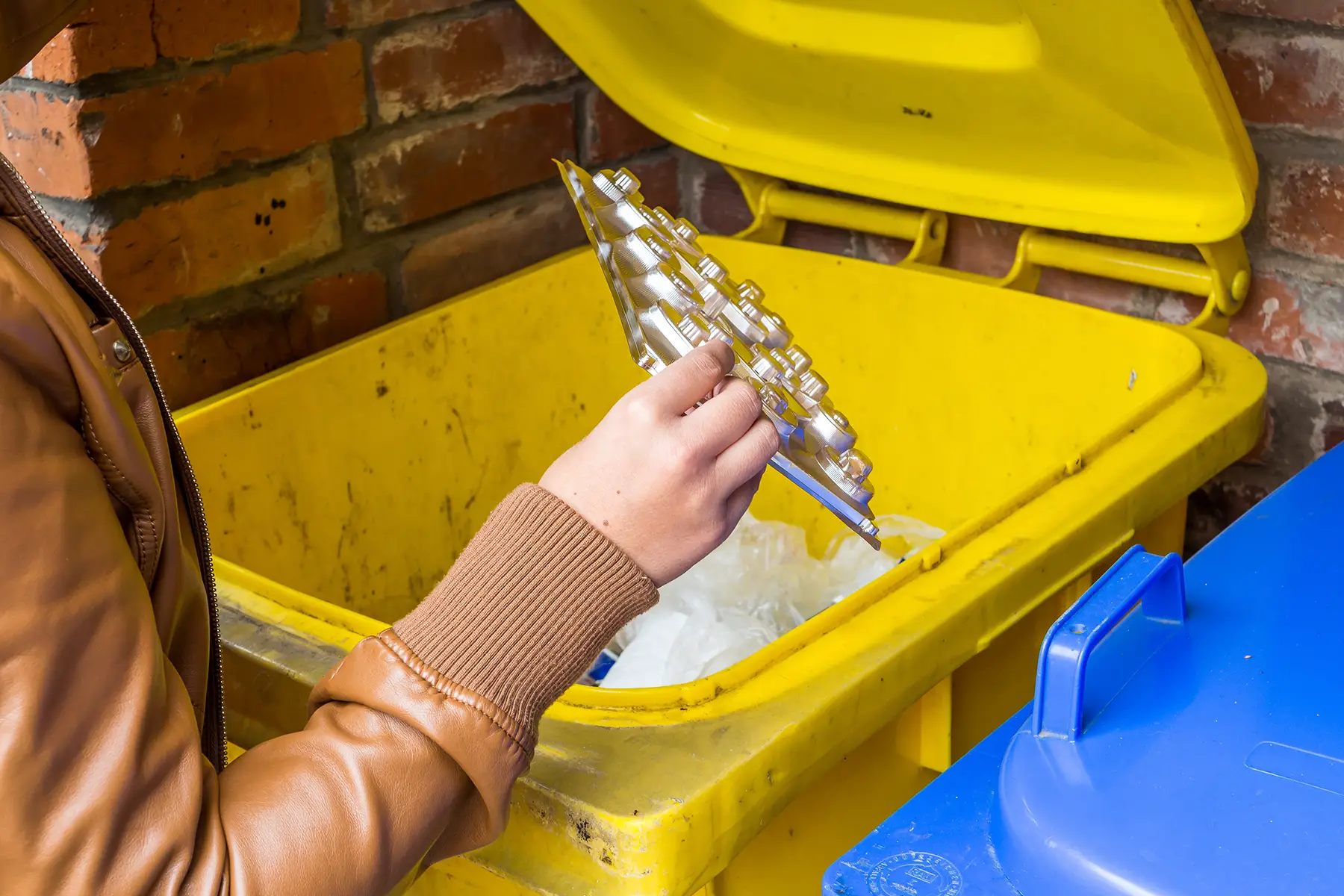
Use the yellow bin (gelbe Tonne) and the yellow bag (gelber Sack) to throw away lightweight packaging made of plastic, aluminum, tinplate, and composite materials. These might include:
- plastic wrapping
- yogurt pots
- drinks cartons
- other packaging waste
In some areas, packaging waste goes in the same collection points or recycling bin used for other waste made from plastic, composite materials, and metal.
Plastic and metal recycling
Plastic and metal go in the recycling bin (Wertstofftonne). However, in some areas, packaging, plastic, and metal goes in the same bin. Always check with your local waste management authority if this is the case.
Recycling paper
Use the blue bin (blaue Papiertonne) to dispose of paper and cardboard. Items that can go in this bin include:
- newspapers and magazines
- paper bags
- packing paper
- egg cartons
Some types of paper, such as beverage cartons, wallpapers, and oiled papers, cannot be recycled in the blue bin. To avoid a fine, make sure you double-check before throwing it away. Luckily, the German Environmental Agency has compiled a list (in German) to guide you.
Glass recycling
Glass bottles and containers (Glasbehälter und -flaschen) go into three separate bins according to the glass color: brown, green, and white. However, you cannot use these containers to throw away lightbulbs, pots, cups, ashtrays, and similar products.
Remove all the cardboard or plastic wrap from the glass items and don’t break or smash them. Bear in mind that most municipalities only allow glass disposal between 07:00 and 20:00 due to noise concerns. Check with your municipality to find out specific times.
The Pfand System
Germany has a deposit scheme to encourage people to return bottles and glass to a shop. When you buy beer, aluminum cans, plastic bottles, yogurt containers, and some white bottles, the store charges a deposit that will be returned once you return the empty glass.
The amount of the deposit depends on the product and ranges between €0.03 and €0.25. Once you return the glass, you’ll receive this money back. However, make sure the Pfand scheme applies to your purchase by checking for the Pfand logo on the product label.
Milk containers, many wine bottles, and recyclable bottles don’t belong to the Pfand category and follow the standard separation rules.
Recycling clothes and clothing materials
From postal donations to containers to apps, you can give your old garments a second life.
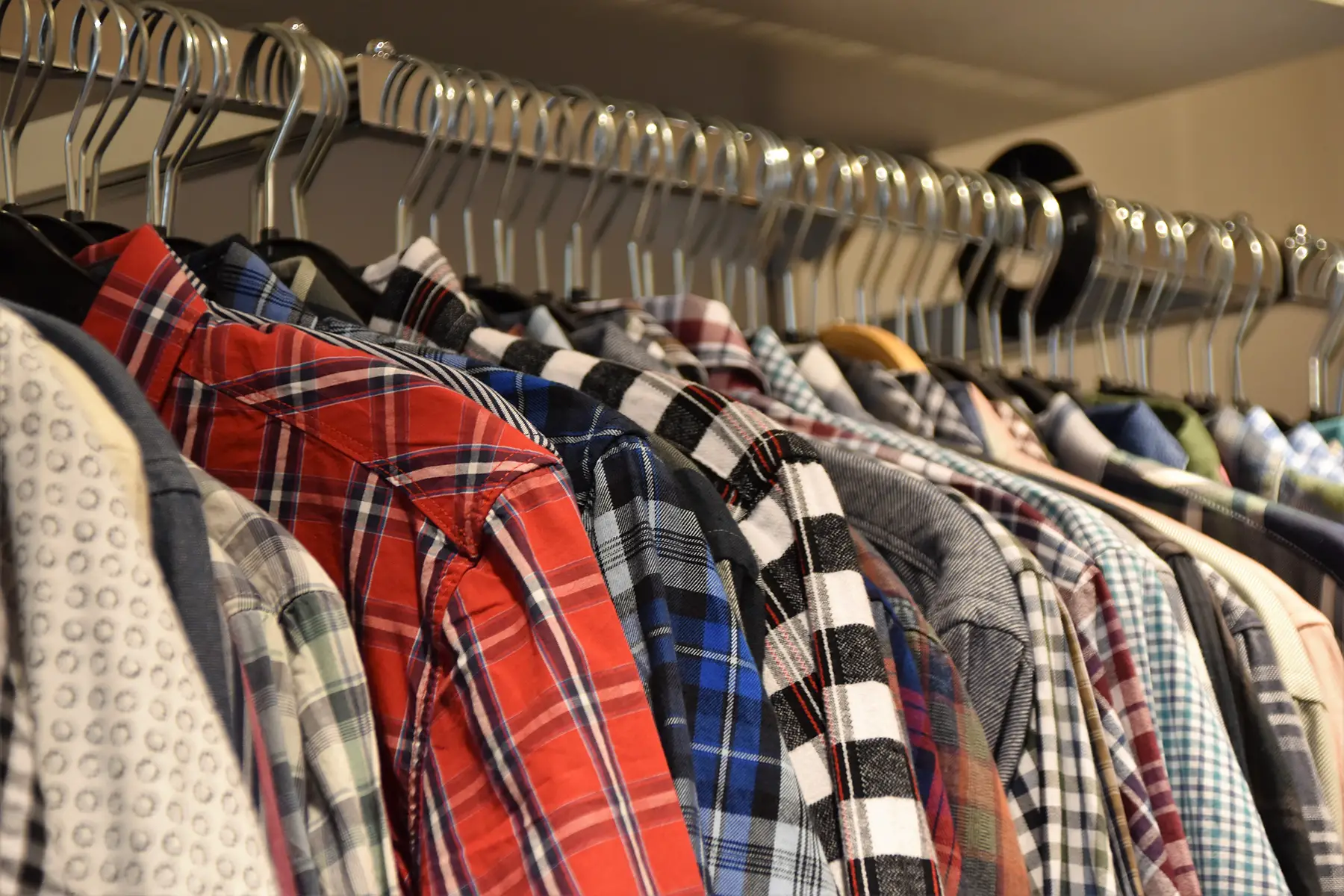
While commercial and non-profit organizations are in charge of the collection, professional companies handle the resource-intensive sorting and recycling. Depending on their quality, used textiles are sent to Eastern Europe, Asia, and Africa. They receive or become new fibers, hence new clothes and textiles.
How to recycle other household items
- Coffee capsules: depending on the brand (in German), you must dispose of them in the recycling, biowaste, or residual waste bin.
- E-waste: retailers are required to collect your e-waste free of charge with or without a new purchase. Furthermore, some residential buildings have special bins for batteries and small appliances. Your local recycling center (Recyclinghof) may also accept them.
- Residual waste: double-check all the other avenues before resorting to this option. Usually, this category includes non-LED lightbulbs, vacuum cleaner bags, hygiene products, wallpapers, old medicines, and other non-recyclable items (in German).
Recycling tips for living in Germany
- Less packaging, fewer problems – Confused by the rules? Then, use cotton, hemp, and jute shopping bags. They look good, last longer, and can be produced sustainably.
- Go for reusable bottles, mugs, lunch boxes, and tableware.
- Look out for the Blue Angel logo – The ecolabel of the German Federal Government offers consumers a reliable guidance on environmentally conscious purchasing.
- Repair rather than disposing – In some states, you can earn money in this way (in German). Leastways, always pick products that are repairable. Remember that what you pay now may save you money (and the environment) later.
- Consider donating Pfand glass – Someone else will return it and get the deposit back.
Composting in Germany
Since 2015, local authorities have been required to provide residents with organic bins (BioTonne). According to Kompost e.V., in Germany around 50% of households separate biowaste. Furthermore, eight million tons of biowaste is treated in 800 composting plants, which produce five million tons of compost.
Germany has brown bins for food scraps and garden waste. These are for organic items, for example:
- small plants without pots
- cut flowers
- eggshells
- coffee grounds
- leftovers
- other organic waste (in German)
Meanwhile, ashes, pots, cat litter, and hygiene products should go in the residual waste bin.
If you have green fingers, remember that the organic bin is for small quantities of lawn and green waste. When it comes to larger amounts, your district or municipality might provide a separate leaf bin or bag collection. They might also require you to bring your waste to a recycling center.
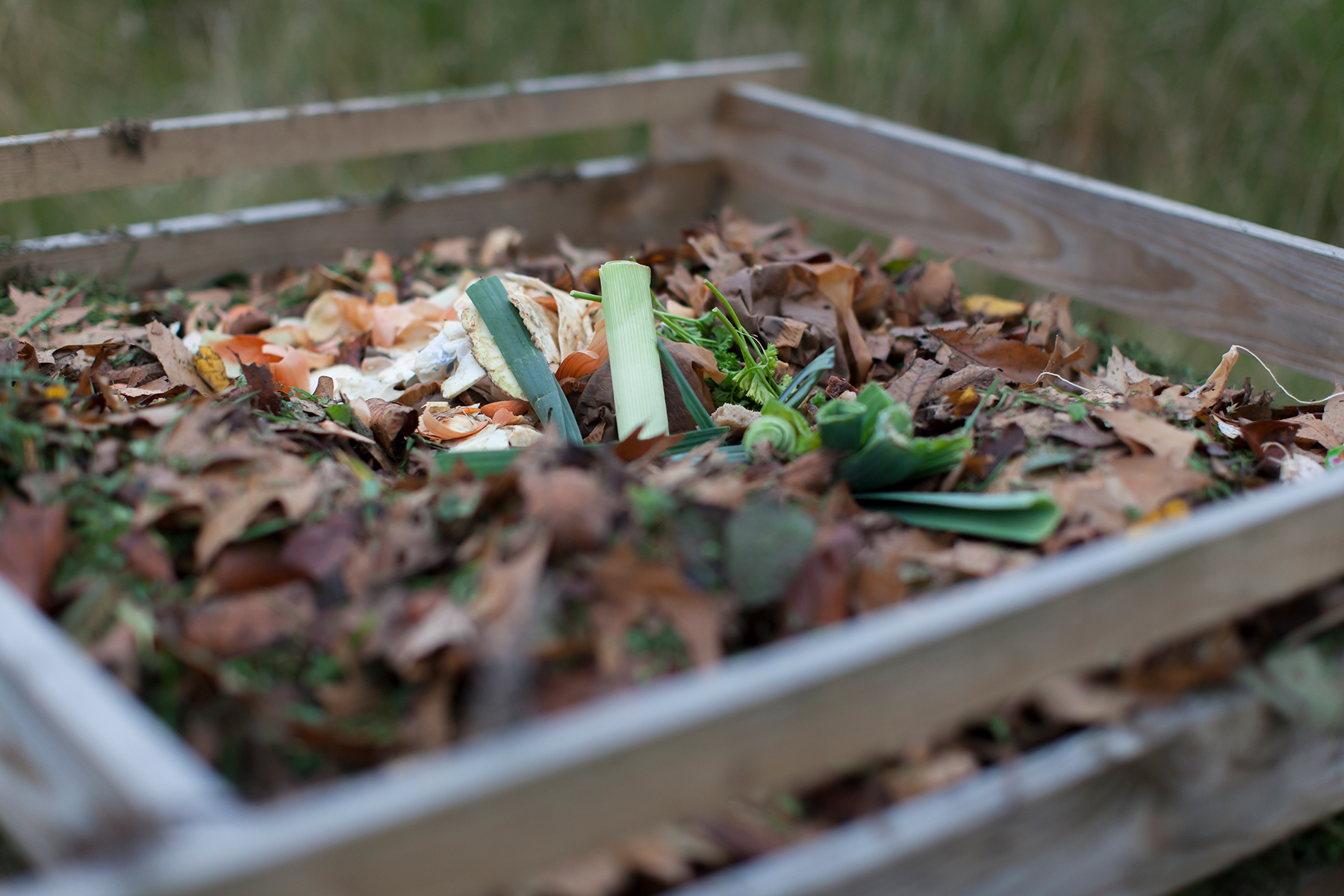
Once properly separated and processed, biowaste can become excellent compost for your own garden. If you fancy trying a sustainable hobby, you might consider building your own composting plant. The Nature and Biodiversity Conservation union suggest (in German) using an open container suitable for garden compost, placed in an open space away from direct sunlight. If you live in an apartment or don’t have space, look for community composting (Gemeinschaftskompostierung) in your neighborhood.
German garbage collection
In Germany, garbage collection and timing is heavily dependent on where you live. Pick-up services and bin disposal are the most common ways garbage is collected. However, collections and recycling centers are a savvy way to save on your garbage collection fees.
The cost for waste collection depends on your area, the quantity (per cubic meter) of waste you produce, and the type of waste. According to German insurance company R+V, the cost varies heavily depending on where you live, sometimes even by hundreds of euros. Overall, collection fees might account for 10% of yearly household costs.
Penalties for illegally dumping waste or recycling in Germany
Are you renting a home? Your landlord might order you to properly separate your trash. In case you don’t comply, they might charge you for the cost of the correct disposal.
Similarly, if garbage collectors determine that your waste bin or bag is improperly filled, they’ll leave a notice and will ask you to re-sort the content.
Eventually, if public authorities detect a waste disposal violation, they can fine you proportionally to its severity, ranging from dozens to thousands of euros.
